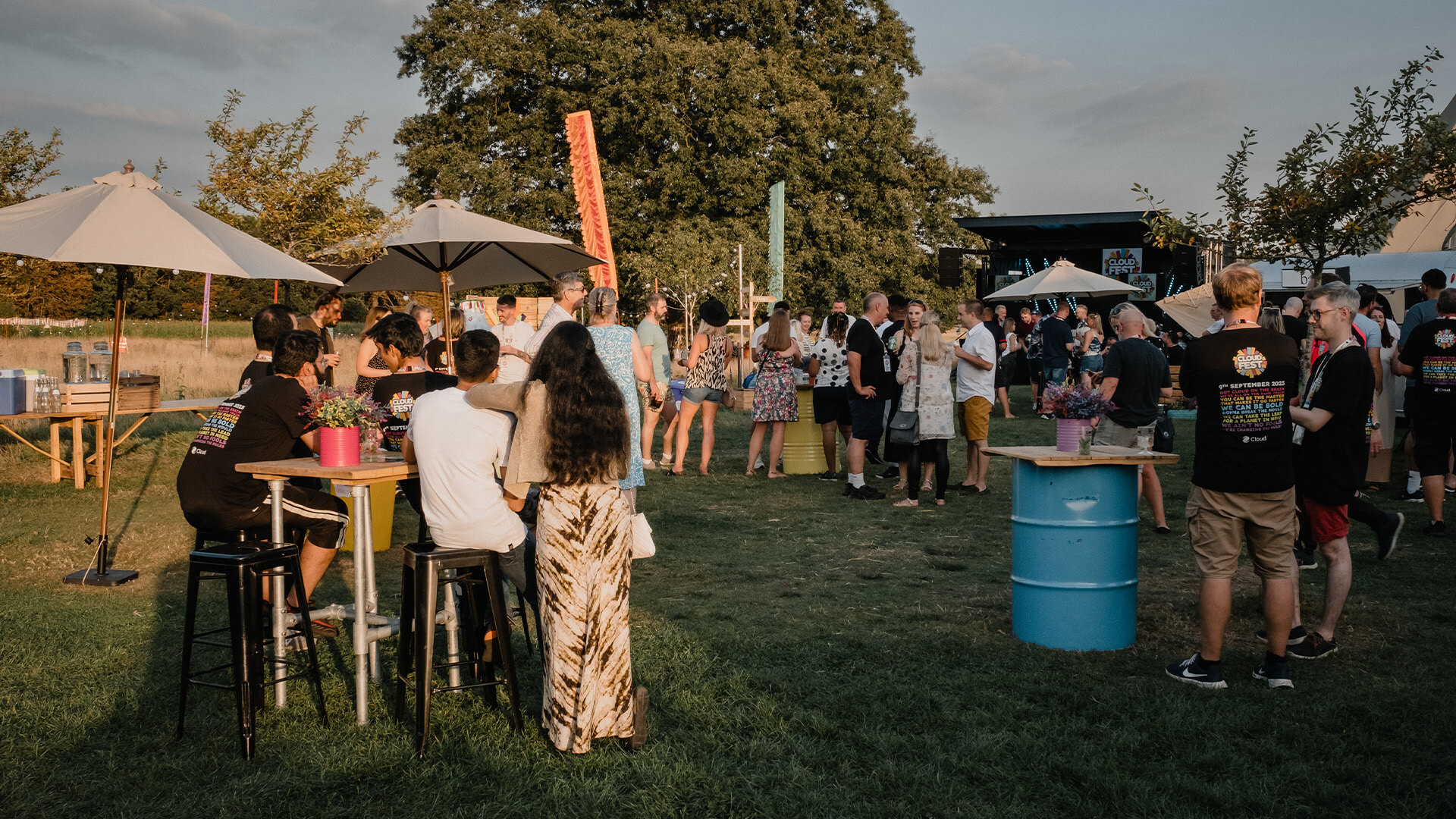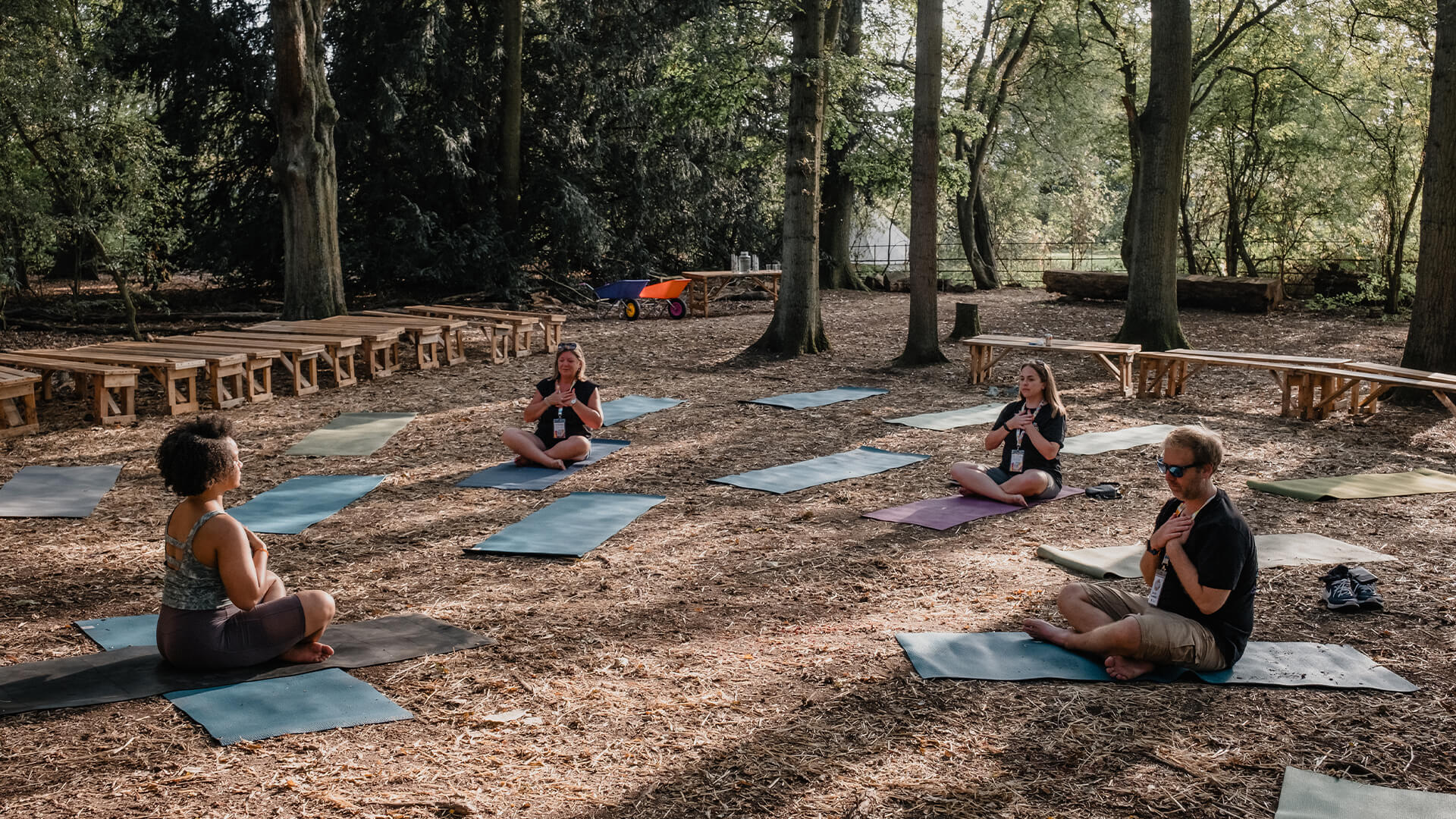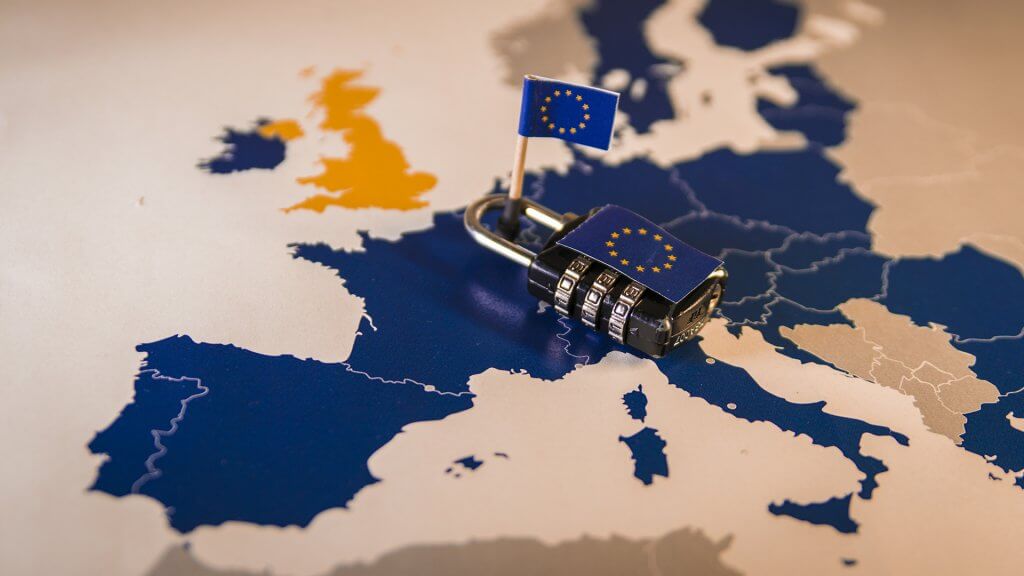Green is the New Glam: If You’re Doing a Corporate Party, Do it Sustainably
by Jeff Dewing, CEO of Cloud
As the holiday season sparkles on the horizon, businesses are gearing up for festive gatherings. Amid the glitz and glamour, there’s a rising awareness that corporate events can shine even brighter with a touch of sustainability.
As the CEO of Cloud, I’ve had the privilege of spearheading Cloudfest—an annual event that in September 2023 managed to pull off a truly sustainable day festival that ticked all the right boxes across Environment, Social and Governance (ESG).
In the wake of our success and learnings, I’m eager to share insights on the critical role sustainable event planning plays in the business world, especially in the face of the climate crisis.
Sustainable event planning: a necessity, not a hurdle
In a world grappling with environmental challenges, the need for sustainable event planning has never been more apparent. The key, however, is not to stop events altogether but to approach them with a heightened sense of consciousness. Cloudfest proved that celebrations can thrive without compromising our commitment to the planet.
Weaving sustainability into corporate events comes with its set of challenges and opportunities. It’s not just about finding eco-friendly alternatives; it’s about reshaping the very fabric of event planning. From meticulous research on local, sustainable suppliers to challenging conventional choices, the process requires a shift in mindset. Yet, within these challenges lie opportunities for innovation, creativity, and a positive environmental impact.
Positive impact on morale and culture: beyond green choices
One of the most profound outcomes of Cloudfest was the palpable boost in employee morale and the transformation of our corporate culture. Eco-conscious choices weren’t just about reducing our carbon footprint; they became a shared value that brought our team together. Employees felt proud to be part of an organisation that prioritised environmental responsibility, creating a ripple effect that extends far beyond the event.
We can’t forget that work gatherings serve as a valuable opportunity to foster connections with your employees, emphasising the significance of the ‘S’ in ESG – social responsibility. It’s crucial to prioritise employee well-being and ensure they have an enjoyable experience. During Cloudfest, we offered a diverse array of wellness activities, ranging from soothing gong baths and invigorating yoga sessions to adrenaline-pumping adventures like axe throwing and glass walking.
Key considerations for a green event:
After the successful coordination of Cloudfest, an event attended by approximately 200 team members, where we managed to produce only three waste bags in total, I would like to share some essential factors to consider when organising an environmentally-conscious event:
- Plan ahead
The journey to Cloudfest’s sustainability began a year before the event, with the Head of ESG spearheading the mission. A collaborative effort with the event organiser involved brainstorming sustainable alternatives, researching local suppliers, and challenging the status quo.
- Sustainable transport:
Efficient transport to and from the event was a cornerstone of Cloudfest’s sustainability strategy. We opted for hybrid coaches from our Colchester office as our eco-friendly mode of transportation, and those travelling from overseas adjusted their schedules and meetings to align with their UK visit, reducing unnecessary travel at a later date.
- Eco-chic venue: where style meets sustainability
Choosing a venue aligned with low environmental impact is a strategic move. We chose Home Farm Glamping in Elstree as it not only provided a picturesque backdrop but also championed sustainable development goals. From recycled toilet tissue to reclaimed scaffold plank benches, every element echoed a commitment to the environment.
- Think creatively
Use sustainable creativity with your props and decorations. A single Cloudfest logo served dual purposes, and planters showcased recycled sunflowers, adding a touch of eco-glamour. The solar-powered stage was a beacon of sustainable innovation, soaking up the sun during the day to illuminate the night.
- Sustainable corporate giveaways
Corporate events often come with a barrage of giveaways and branded merch you’ll likely never use again, but Cloudfest embraced minimalism. Organic Fairtrade cotton T-shirts and lanyards made from recycled plastic bottles showcased a commitment to ethical fashion and waste reduction. There was also a drop off point for lanyards at the end of the event for people who didn’t want to re-use them. No-rush shipping ensured sustainable delivery practices.
- Waste not, want not: a circular approach to event waste
Waste management took centre stage at Cloudfest, with a commitment to reusable plates and cups. Food waste, a significant challenge due to hot weather, was meticulously separated for anaerobic digestion. The result? Only 3 small bags of general waste, a fraction of the norm.
- Plant-powered choices
Food choices played a crucial role in Cloudfest’s sustainability narrative. Abundant vegetarian and plant-based options were more than just a culinary choice—they were an environmental statement. Attendees learned the environmental benefits of opting for a veggie burger, promoting conscious consumption without judgment.
Crafting sustainable legacies
As businesses navigate the ever-changing landscape, it’s crucial to recognise the power of events in shaping not just our present, but our future. Sustainable event planning is more than a trend; it’s a responsibility and an opportunity to craft legacies that align with our values.
Incorporating lessons from Cloudfest, I urge fellow leaders and event planners to embrace the challenges and opportunities of sustainability. It’s not just about making green choices; it’s about reimagining events as platforms for positive change. By doing so, we not only contribute to a healthier planet but also foster a corporate culture that values conscious choices and collective well-being.

Stay updated with our latest publications.
Discover Issues
See how we can help you grow in the online space!
Advertise With Us
We can help promote your business.
Find Out More






